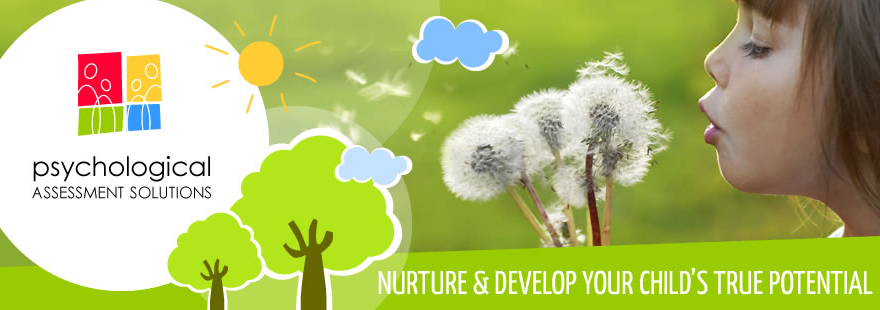In Australia, children enter school with marked differences in the cognitive, non-cognitive and social skills needed for success in the school environment. These initial differences are predictive of later academic and occupational success.
Accepting a child into the school without knowing their capabilities and strengths can put a lot of pressure on the teacher and allocation of resources. Would you want to know well in advance if the child will require funding, or is gifted, or needs an individual learning plan, or needs to be placed in the front of the class to prevent them being disruptive to others ?
School ”un-readiness” is expensive and later attempts to compensate for un-readiness have been shown to be less effective and may be more expensive than providing the resources, programs and support needed to ensure that children start “school- ready”.
Some schools in the Southern suburbs have already developed a policy of having all their Kindergarten applicants undergo a School Readiness assessment to determine resource allocation for the following year. Knowing children’s needs, strengths and areas of development will help the school to tailor individualised learning plans, apply for funding if relevant and decide which class children should be placed in.
Assessments can take place within school hours or at the child’s home with feedback provided on the same day.
RESOURCES
- Early detection and identification of developmental and behavioural problems in children. Contact us for a copy of this tool.
- Overview of the Dyslexia Checklist.
For teachers who are not sure if their students require a comprehensive assessment to diagnose dyslexia or have a number of students that display learning difficulties, a Dyslexia Screener is a great and affordable option. The 30 minute test is an ideal tool for screening an entire year group, or for screening those pupils showing some signs of difficulty. It can play an important part in helping both specialist and non-specialist teachers distinguish between those individuals who are having general difficulties in literacy and those whose difficulties are associated with dyslexia.

